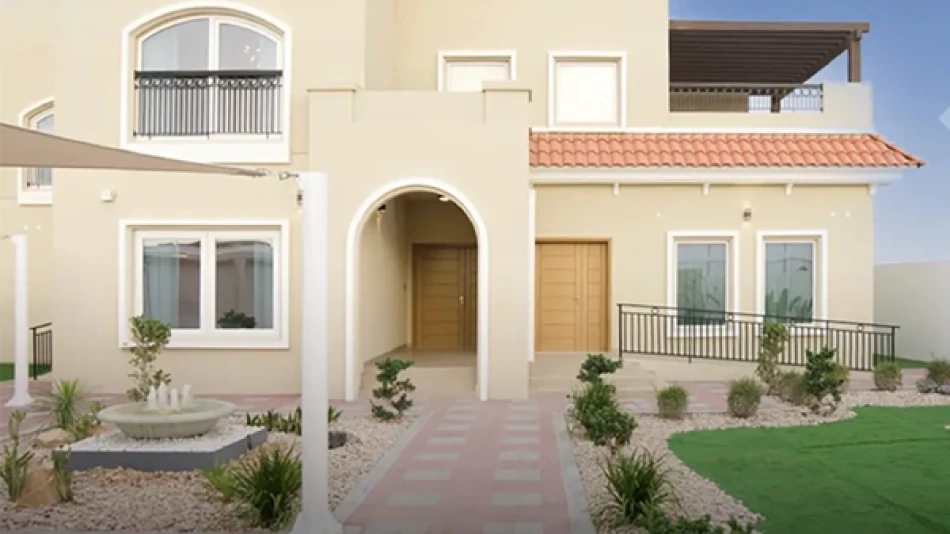
Abu Dhabi Housing Authority Launches Platform for Citizens to Exchange Land and Homes
Abu Dhabi Launches Digital Property Exchange Platform to Revolutionize Citizen Housing Swaps
Abu Dhabi Housing Authority has unveiled a comprehensive digital platform that allows citizens to exchange land plots and government housing units entirely online, marking a significant shift toward smart governance in the UAE's real estate sector. The new system addresses longstanding bureaucratic hurdles while encouraging property development through streamlined swap mechanisms.
Three-Tier Exchange System Transforms Property Transactions
The updated "Abu Dhabi Housing" app introduces three distinct exchange pathways that cater to different citizen needs. Users can now facilitate mutual agreements between consenting parties, browse available properties through an interactive marketplace, or request exchanges from available government inventory.
This multi-option approach mirrors successful digital property platforms in Singapore and Estonia, where government digitization has reduced transaction times from months to weeks. The UAE's move positions Abu Dhabi as a regional leader in PropTech innovation, potentially influencing similar initiatives across the Gulf Cooperation Council states.
Interactive Marketplace Features Detailed Property Intelligence
The platform's standout feature is its comprehensive property database, which includes geographical location, land area, infrastructure readiness, and other critical details. This transparency level exceeds many private real estate platforms and reflects the UAE's broader push toward data-driven governance.
Hamad Hareb Al Muhairi, Director General of Abu Dhabi Housing Authority, emphasized that the system enables citizens to complete entire transactions—including title deed transfers—without leaving their homes. This end-to-end digital approach represents a stark departure from traditional government property services that typically require multiple in-person visits.
Strategic Push to Accelerate Property Development
Beyond convenience, the platform serves a crucial economic function: encouraging citizens to activate their housing loans and begin construction within the mandated three-year timeframe. This policy mechanism addresses a common challenge in government housing programs where beneficiaries delay development, tying up valuable urban land.
The authority has partnered with Tayseer to provide free services for housing loan beneficiaries, covering design selection, contractor choice, and construction monitoring. This comprehensive support system tackles the traditional barriers that prevent citizens from moving from land ownership to actual home construction.
Strict Eligibility Criteria Ensure System Integrity
The exchange system operates under clearly defined parameters that protect both parties and government interests. For land exchanges, properties must be residential, undivided, and free from construction except boundary walls. Legal encumbrances or third-party rights disqualify properties from the program.
Housing unit exchanges face even stricter requirements: land area differences cannot exceed 30%, building area variations must stay within 10%, and age gaps between properties cannot surpass 10 years. These parameters prevent speculative behavior while ensuring fair exchanges.
Market Implications and Regional Precedent
This digital transformation arrives as Gulf states increasingly compete to attract residents and businesses through superior government services. Dubai's smart city initiatives and Saudi Arabia's NEOM project have raised regional expectations for seamless digital interactions with government entities.
For property investors and developers, the platform creates new liquidity in the government housing sector, potentially increasing property values through improved market efficiency. The system's transparency could also influence private sector real estate platforms to enhance their own data offerings.
The success of Abu Dhabi's digital property exchange will likely determine whether other emirates adopt similar systems, potentially creating a unified UAE-wide platform for government property transactions. Given the UAE's track record in scaling successful pilot programs, this local initiative could become a national standard within the next two years.
Most Viewed News

 Layla Al Mansoori
Layla Al Mansoori






